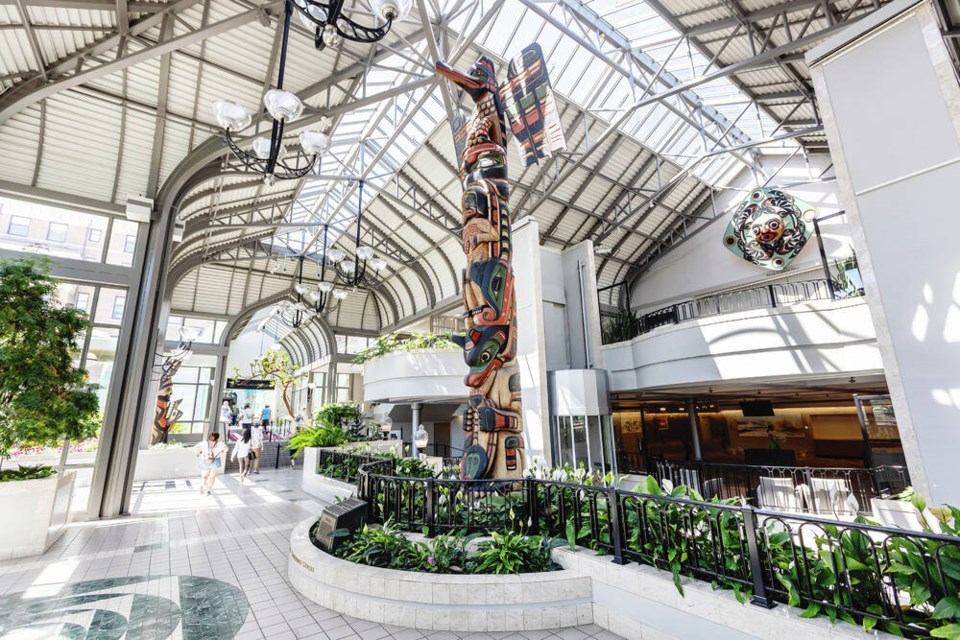Victoria Conference Centre business has rebounded to the point where it’s nudging up to its prepandemic level, says Destination Greater Victoria’s chief executive, noting conferences are being booked into 2031.
“It’s just come back extremely fast,” Paul Nursey said Monday from Boise, Idaho, where he is attending a conference. “There’s a lot of pent-up demand for conferences. These groups have been unable to meet for two years.”
People are tired of Zoom, the online service for virtual meetings, and craving the face-to-face experiences that come with conferences and after-hours informal networking, he said. “They want to convene. They want to get together.”
Victoria was able to move quickly post-pandemic thanks to two rounds of funding totalling $885,025 from the province’s business events and conferences restart fund, aimed at assisting 13 community destination management organizations, Nursey said.
Destination Greater Victoria partners with the Victoria Conference Centre, which is owned by the municipality, as Business Events Victoria to bid for conferences in the city. The conference centre, on Douglas Street directly behind the Fairmont Empress Hotel, includes the historic Crystal Garden across the street.
The government funding “really filled a strategic gap,” and without it, the city’s conference business would have been delayed another few years.
“It allowed us to really get back in the game quickly. We’ve been booking business like crazy.”
The Victoria Tourism Bulletin distributed by Chemistry Consulting shows the dramatic change. A total of 14,365 delegate days were booked at the centre in April this year, up by 92.6 per cent from 7,458 in the same month in 2022.
For the year to date in April, delegate days jumped by 180 per cent to 24,176 this year from 8,615 last year.
Revenue from the city’s hotel tax, which is used for destination marketing, dropped during the pandemic because of fewer visitors.
At the same time, U.S. competitors were not as closed to tourism, leaving them in a better financial position to bid on conferences.
“All of our American competitors had pretty flush coffers and we had nothing,” Nursey said.
Conference organizers choosing destinations compare offers, which can include covering the costs of a prominent speaker or hosting a luncheon. As sponsors with the local tourism board, “We do need to put cash on the table,” Nursey said.
The additional government funding resulted in about 30 conferences being booked in Victoria, he said, which helped tide the tourism sector over as it recovers. “The hotel taxes are coming back up again and now we are on our own again. And that’s fine.”
Communities value conferences because they’re good for the small businesses that supply them and help make the downtown economy more vibrant.
Conferences often come at off-peak season, typically from September through November and January through June. And the average conference delegate spends more than a typical leisure visitor, Nursey said.
Tourism is estimated to attract close to $1.4 billion in visitor spending in Greater Victoria in a typical year.
>>> To comment on this article, write a letter to the editor: [email protected]



